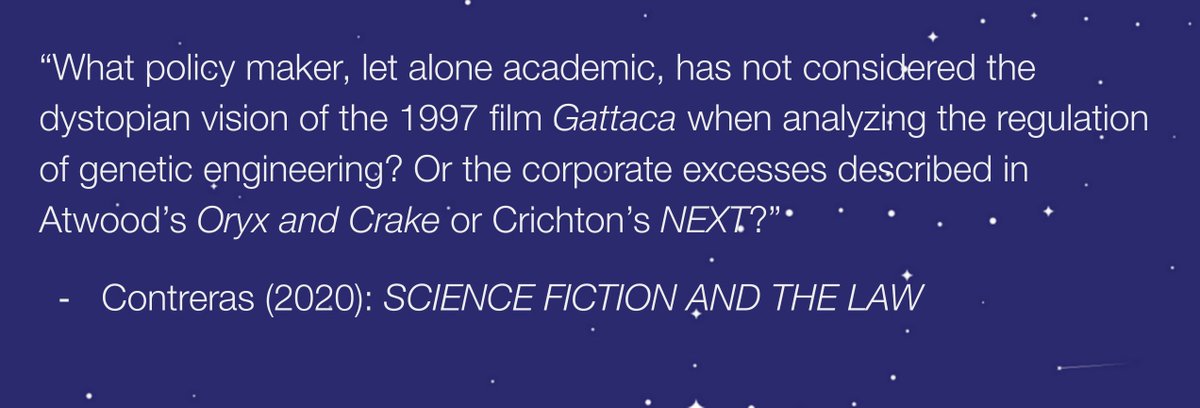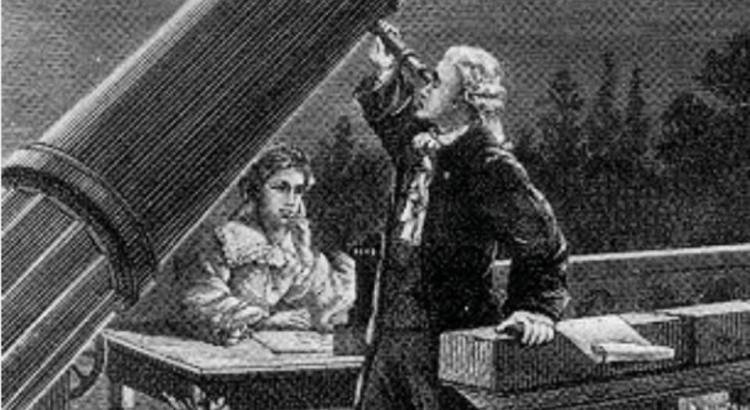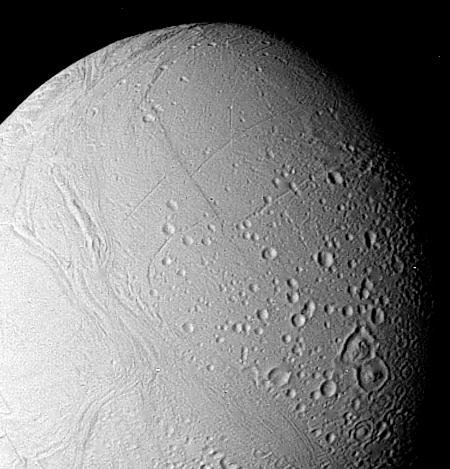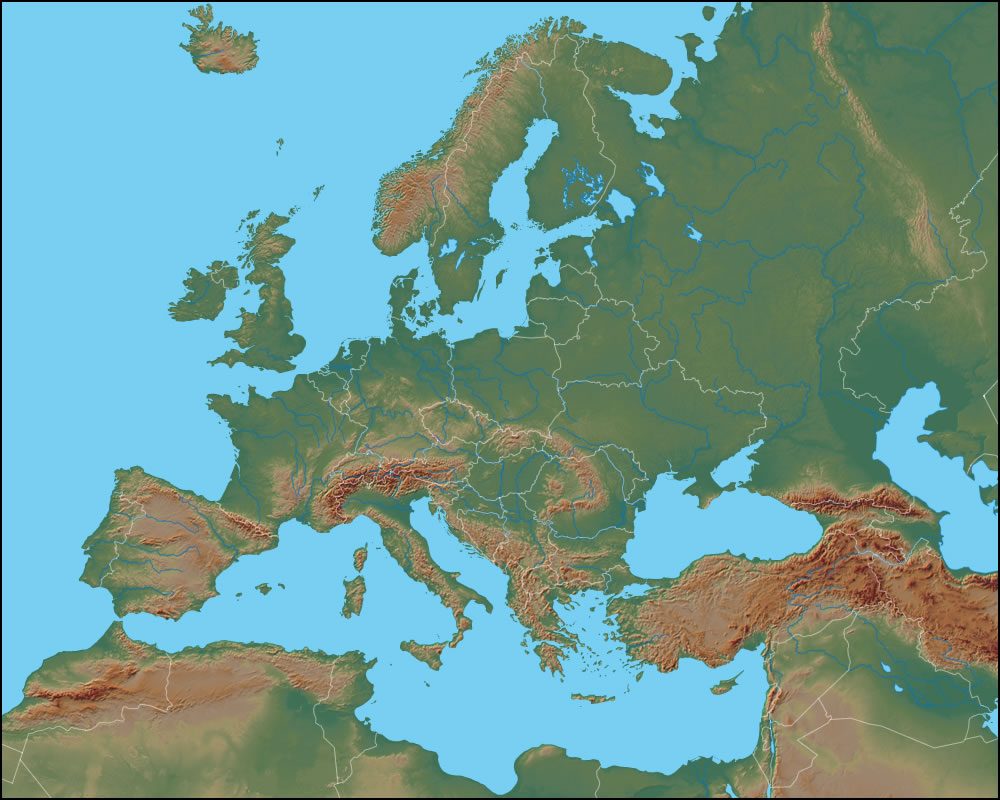
For as long as I remember, I've loved science and also science fiction. 🚀 Science came first for me, but for many, it's been the other way around.
SF is great for inspiring future scientists and igniting interest in science. Luckily, #scicomm & #outreach has begun to notice! ⬇️
SF is great for inspiring future scientists and igniting interest in science. Luckily, #scicomm & #outreach has begun to notice! ⬇️

I'm currently leading the 'Science Fiction as An Astrobiology Outreach & Education Tool' at @EAIastrobiology. We used reprint SF stories accompanied by original science essays in 'Strangest of All', released last spring to aid outreach amidst lockdowns.
julienovakova.com/strangest-of-a…
julienovakova.com/strangest-of-a…

The positive response prompted us to edit a bigger, more ambitious print book of original astrobiological SF and essays. Titled Life Beyond Us, it's just funded on kickstarter and will be published next fall around the launch of @esa's Rosalind Franklin!
bit.ly/LifeBeyondUs
bit.ly/LifeBeyondUs

We hope to inspire future space scientists and increase science understanding and critical thinking, using SF.
We're not the first to do outreach through SF, though! Astronomer-educator Andrew Fraknoi has long kept a list of good astronomy-related SF:
fraknoi.com/wp-content/upl…
We're not the first to do outreach through SF, though! Astronomer-educator Andrew Fraknoi has long kept a list of good astronomy-related SF:
fraknoi.com/wp-content/upl…
Andrew Fraknoi is by far not the only scientist using SF in outreach. @JimKakalios is famous for teaching physics using superhero comics! Scientist-authors such as Gregory Benford, @DavidBrin, @julieczerneda and others have also been active in promoting science education via SF. 

Recently we've seen more great projects promoting science via SF! Last year's #ExoDem conference featured e-zines of fiction and poetry based on the scientific abstracts! A brilliant idea by @aussiastronomer and @lectio. Check it out here! ⬇️
nexsci.caltech.edu/conferences/ex…
nexsci.caltech.edu/conferences/ex…

It's not just the written word! Aided by amazing comics visuals, it can have an even greater impact, especially for younger readers. Here's a seismology outreach comics 'When the Earth Quakes' by the team of @Chmee2! 🌍 A sequel on magnetism is coming!
ig.cas.cz/en/outreach/co…
ig.cas.cz/en/outreach/co…

There's more - Peter Watts' books contain scientific references, Mike Brotherton edited an anthology of SF by scientists, and there's certainly a lot I haven't discovered yet or forgot to mention now!
But the question is: What's the role of SF in relation to science? 👾 🔭
But the question is: What's the role of SF in relation to science? 👾 🔭
It's not the purpose of SF to try to simply predict the future (nor would that be so interesting). Its great strength is imagining different pasts, presents and futures depending on what we do, discover, on our mistakes, chance and success! It's literature of ideas, of "what if". 

This imagination can be inspiring for scientists, engineers, policy-makers, etc. alike. It's a sandbox for exploring different trajectories!
On Friday, I had a short talk at the @abgradeurope Space Law forum on how SF can assist making space law. It applies to other fields, too!
On Friday, I had a short talk at the @abgradeurope Space Law forum on how SF can assist making space law. It applies to other fields, too!

In sum, #sciencefiction can be great inspiration for future generations in STE(A)M and useful in teaching how to start asking questions and thinking as a scientist. It may also be of direct benefit to comparing future trajectories based on our decisions now - where do we go next. 

• • •
Missing some Tweet in this thread? You can try to
force a refresh










